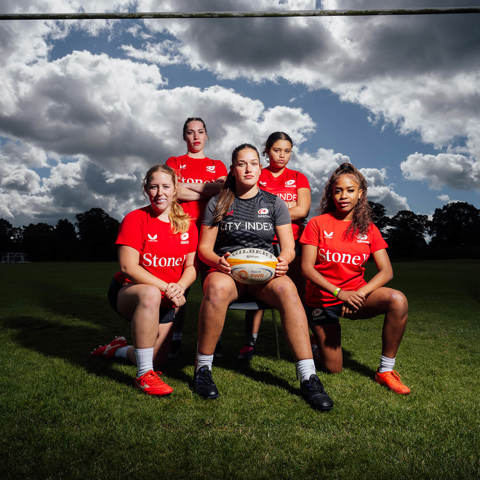Oaklands College
Oaklands Wolves
Training & Development
Oaklands + Community
Student Experience
About Us
Work at Oaklands
Support Us
News & Events
Contact Us
Current Student Information
Staff Information
Register Your Absence
Careers
Courses
L.I.F.E.
Subject Areas
Subject Areas
Animal Management
Applied Science
Art, Fashion & Design
Business, Finance & Accounting
Childcare & Early Years
Computing, Technology & Digital
Construction & Civil Engineering
Construction Trades
Engineering
Equine Studies
Film, TV, and Games Design
Hair, Beauty & Barbering
Health & Social Care
Hospitality and Catering
Motor Vehicle
Music
Performing and Production Arts
Public Services
Sport
Travel, Tourism & Events









